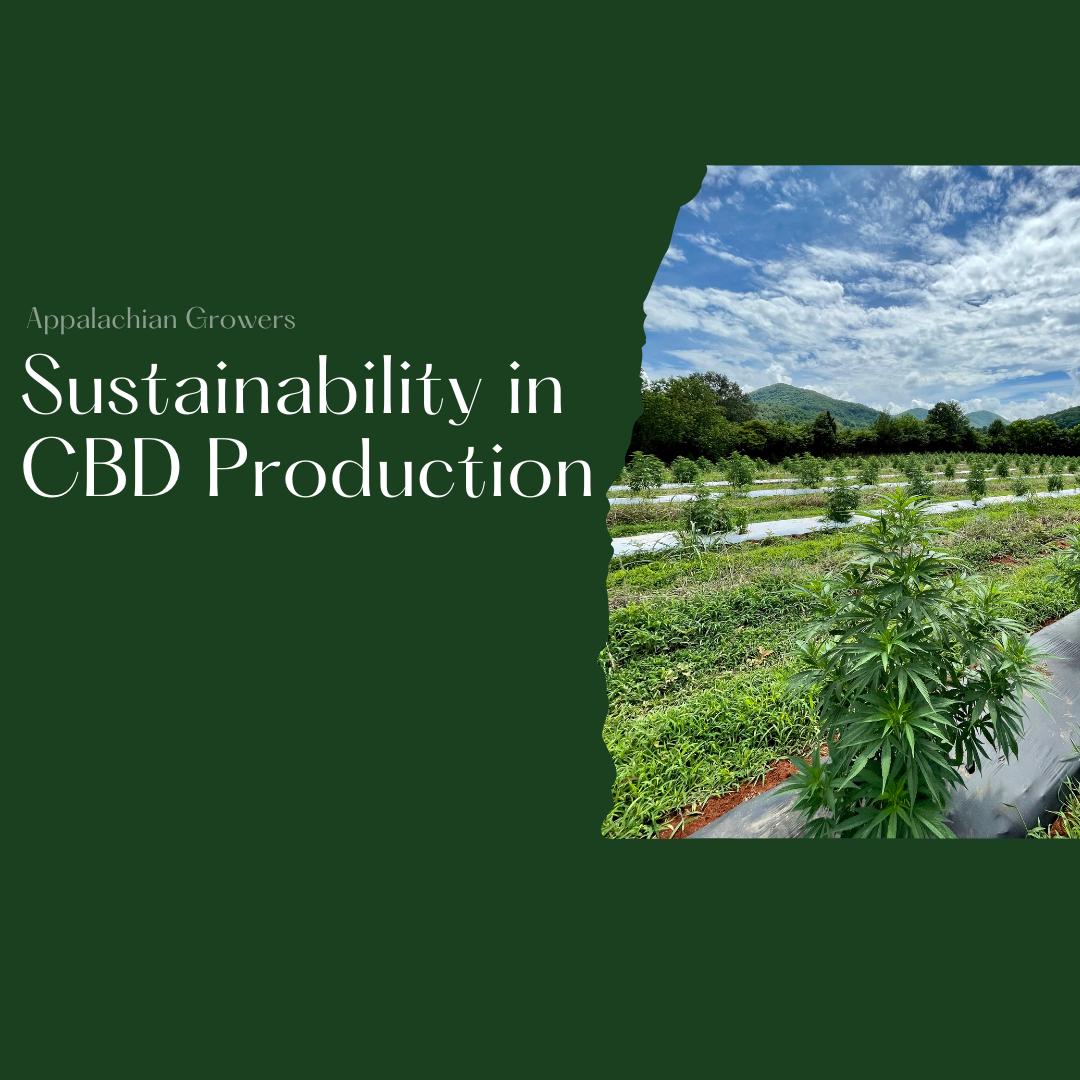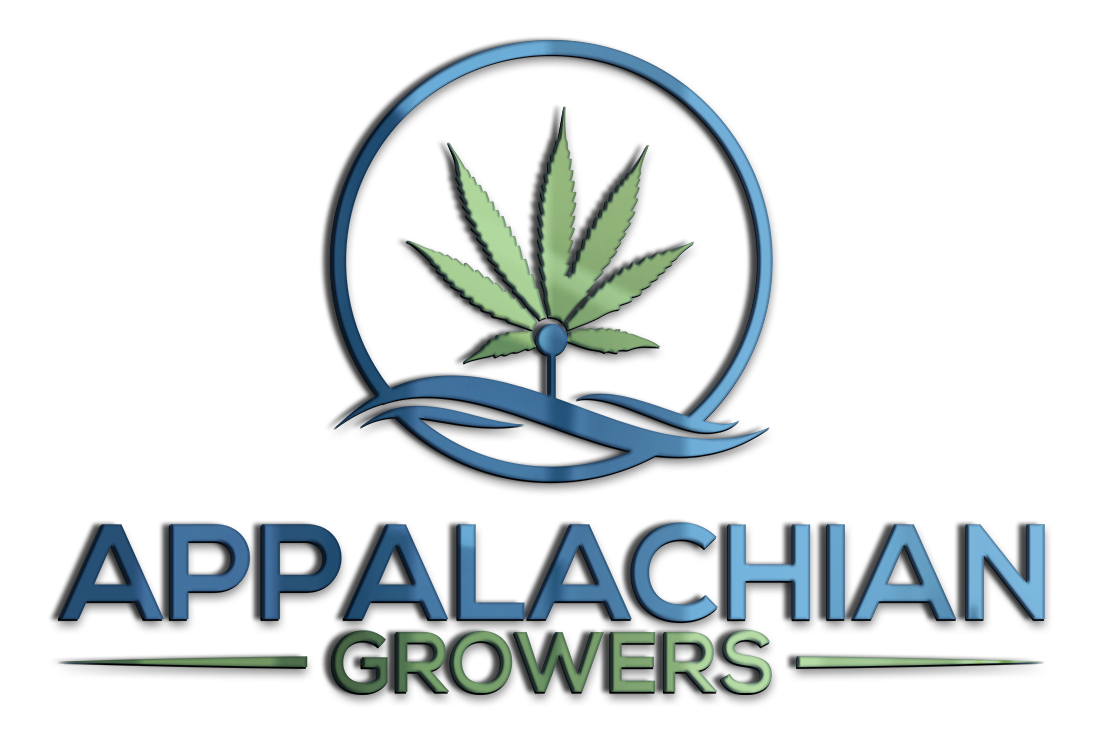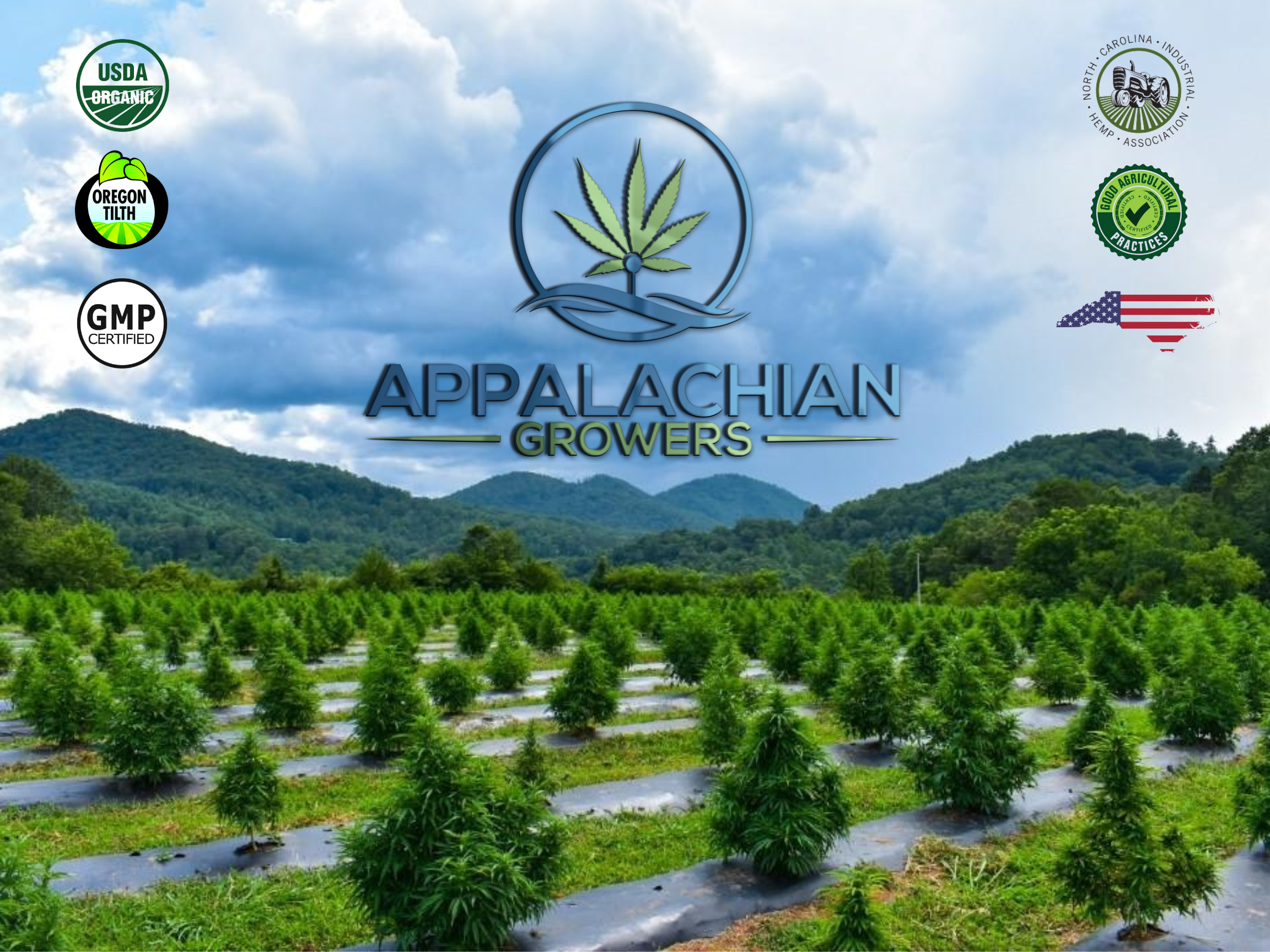
Sustainability in CBD Production
As the demand for CBD products continues to rise, it is important to consider the sustainability of its production. CBD, or cannabidiol, is a compound derived from the cannabis plant that has gained popularity for its potential health benefits. However, the cultivation and extraction of CBD can have significant environmental impacts. In this blog post, we will explore the importance of sustainability in CBD production and discuss some key practices that can help minimize its environmental footprint.
Why is sustainability important in CBD production?
Sustainability is crucial in CBD production to ensure the long-term viability of the industry and minimize its impact on the environment. The cultivation of cannabis plants requires significant amounts of water, energy, and land. Additionally, the extraction process often involves the use of solvents and chemicals that can be harmful if not properly managed. By adopting sustainable practices, CBD producers can reduce their carbon footprint, conserve resources, and protect ecosystems.
What are some sustainable practices in CBD production?
1. Organic farming: Choosing organic cultivation methods eliminates the use of synthetic fertilizers, pesticides, and herbicides, which can contaminate soil and water sources. Organic farming promotes biodiversity and helps maintain the health of ecosystems.
2. Water conservation: Implementing efficient irrigation systems and water management strategies can significantly reduce water usage in CBD cultivation. Collecting rainwater and using it for irrigation is another sustainable practice that can help conserve water resources.
3. Energy efficiency: CBD producers can reduce their energy consumption by utilizing energy-efficient lighting systems, optimizing temperature and humidity controls, and investing in renewable energy sources such as solar power.
4. Waste management: Proper waste management is essential in CBD production. Recycling and reusing materials, such as plant waste and packaging, can help minimize waste. Additionally, implementing composting systems can turn organic waste into nutrient-rich soil amendments.
5. Responsible extraction methods: CBD extraction often involves the use of solvents such as ethanol or CO2. It is important for producers to use closed-loop extraction systems and proper ventilation to minimize the release of harmful chemicals into the environment.
Supporting articles:
For more information on sustainable practices in CBD production, check out these articles:
- The Importance of Sustainable CBD Production
- Sustainable Farming Methods for CBD Cultivation
- Eco-Friendly Extraction Techniques in CBD Production
By adopting sustainable practices, CBD producers can contribute to a more environmentally friendly industry. Consumers can also play a role by supporting brands that prioritize sustainability and seeking out CBD products that are produced with the planet in mind. Together, we can ensure the growth of the CBD industry while protecting our environment for future generations.
Check out our line of CBD products here!





Leave a comment
This site is protected by hCaptcha and the hCaptcha Privacy Policy and Terms of Service apply.